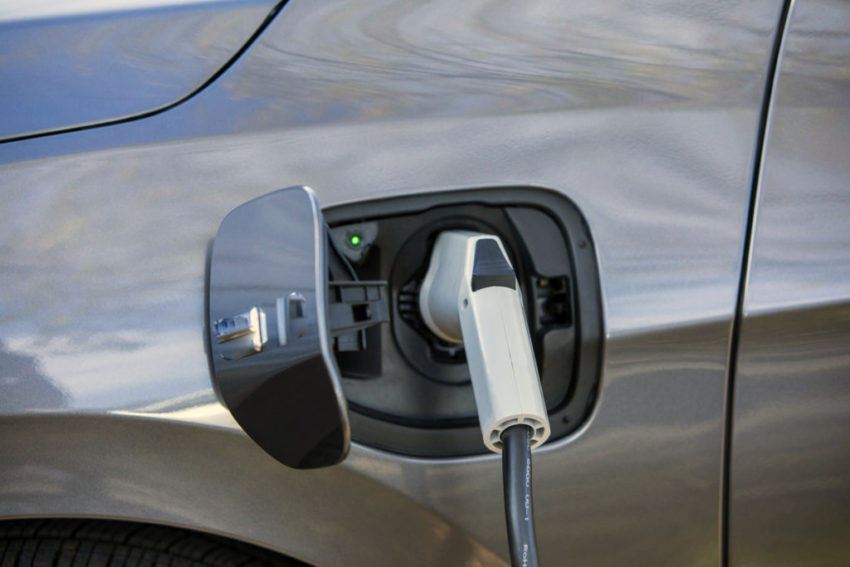New Jersey is moving to become a leader – along with California – in state encouragement of EVs, with new legislation that would create range-based EV rebates and require hundreds of new public chargers.
The EV adoption legislation, expected to be approved and signed into law this month, also would require EV charging stations at a minimum of 25 percent of the state’s condominiums and apartments, hotels and work places by 2026.
[Estimated Reading Time: 2 min.]
Additionally, the measures require that by the end of 2025 at least 40 percent of the state’s non-emergency fleet of light vehicles be plug-in vehicles, and all of the New Jersey Transit corporation’s bus purchases to be plug-in models, starting with 10 percent of new bus purchases in 2020.

The EV adoption measures create an unusual purchase rebate program apparently aimed at encouraging people to buy the most they can afford when shopping for an EV or PHEV while encouraging carmakers to keep a lid on prices.
Buyers will get a rebate of $25 per mile of all-electric range, up to a total of $5,000 for a 200-mile or more EV. But only vehicles with an MSRP of $55,000 or less will qualify for the program.
Plug-in hybrids would only be eligible through Dec. 31, 2022. After that, only EV purchasers need apply.
As written, the law sets up a 10-year, $300 million rebate fund.
Car dealers would be able to apply the rebate directly and immediately to the purchase of the vehicle, so buyers wouldn’t have to wait until the end of the tax year to receive the benefit, s is the case with the federal tax credit for pug-in vehicles.
The legislation also requires the state’s Department of Environmental Protection to report at least once every five years on the state of the plug-in vehicle market in New Jersey. The report must list the state’s progress toward achieving its plug-in vehicle adoption goals, obstacles to achieving those goals, and recommend actions the state can take to overcome those barriers.
The bill’s plug-in vehicle adoption goals call plug-in electric vehicles to account for at least 330,000 of the state’s registered light-duty vehicles by the end of 2025; at least 2 million by the end of 2025 and at least 90 percent of all new vehicle sales by the end of 204.
To help encourage plug-in vehicle adoption, the measure calls for installation of at least 600 public DC fast chargers in a minimum of 300 locations (at least 2 of the chargers per station) and at least 1,000 public Level 2 charging stations by the end of 2021.
